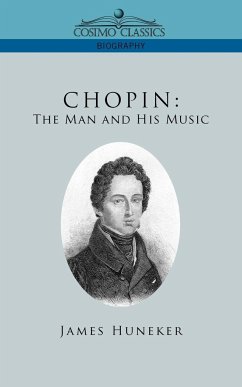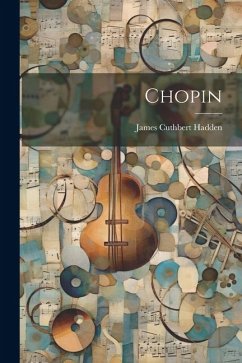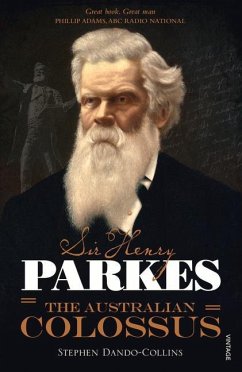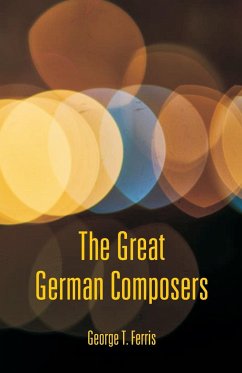
Chopin
The Man and His Music
Versandkostenfrei!
Versandfertig in 1-2 Wochen
29,99 €
inkl. MwSt.
Weitere Ausgaben:

PAYBACK Punkte
15 °P sammeln!
Chopin, "subtle-souled psychologist," is more kin to Keats than Shelley, he is a greater artist than a thinker. His philosophy is of the beautiful, as was Keats', and while he lingers by the river's edge to catch the song of the reeds, his gaze is oftener fixed on the quiring planets. He is nature's most exquisite sounding-board and vibrates to her with intensity, color and vivacity that have no parallel. Stained with melancholy, his joy is never that of the strong man rejoicing in his muscles. -from "Poet and Psychologist" James Huneker describes Chopin's mazurkas as the music in which "the P...
Chopin, "subtle-souled psychologist," is more kin to Keats than Shelley, he is a greater artist than a thinker. His philosophy is of the beautiful, as was Keats', and while he lingers by the river's edge to catch the song of the reeds, his gaze is oftener fixed on the quiring planets. He is nature's most exquisite sounding-board and vibrates to her with intensity, color and vivacity that have no parallel. Stained with melancholy, his joy is never that of the strong man rejoicing in his muscles. -from "Poet and Psychologist" James Huneker describes Chopin's mazurkas as the music in which "the Pole suffers in song the joy of his sorrow." Such distinctive literary lyricism fills this classic 1900 life of the 19th-century French-Polish pianist and composer. After exploring the storied artistic circles in which Frédéric Chopin moved in Paris and his tempestuous relationship with the novelist George Sand, Huneker delves into the artistic psychology of his music, with in-depth analyses of Chopin's studies, many of which Huneker finds "poetic"; his preludes, which Huneker deems "moods in miniature"; and the "melancholy mysteries" of Chopin's nocturnes. A striking portrait of genius, Huneker captures an artist who was "pleasant" and "persuasive" in public and "a neurotic being" in private, and finds a composer whose music aches with "the pathos of spiritual distance." American arts critic JAMES HUNEKER (1860-1921) also wrote Iconoclasts: A Book of Dramatists (1905), Egoists: A Book of Supermen (1909), Franz Liszt: Illustrated (1911), and The Pathos of Distance (1912).













